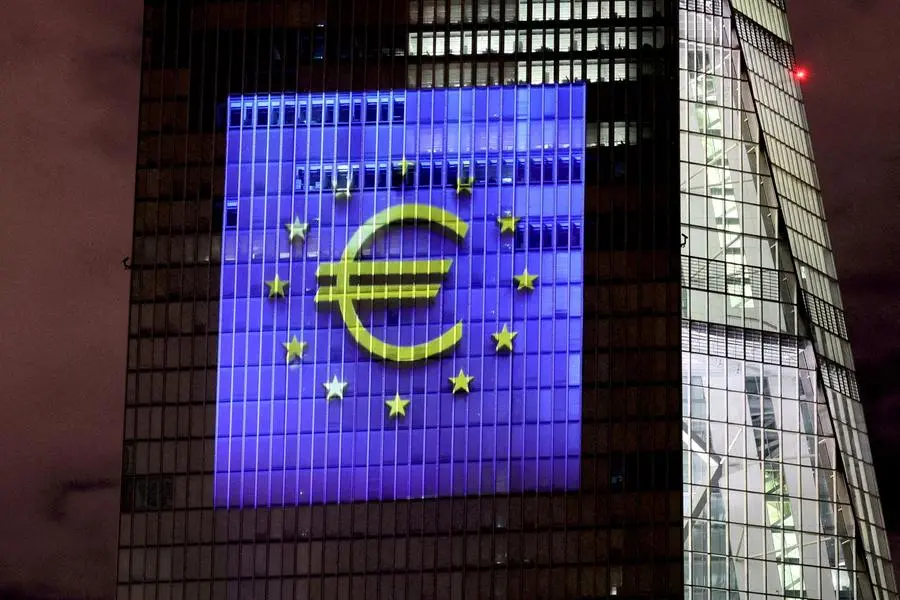PHOTO
The Spanish government has been in talks with the European Central Bank about the upcoming implementation of the banking tax proposal, designed to limit the profits made on rising interest rates, Economy Minister Nadia Calvino said on Thursday.
She added the government had evaluated in depth the consequences of the tax, which involves a 4.8% charge on banks' net interest income and net commissions, before announcing it, and said she hoped parliament would approve it soon.
"This morning we had the opportunity to speak with the ECB teams, who are naturally looking at the aspects to be taken into account when establishing this type of levy, bearing in mind the ECB's responsibilities in the area of supervision, financial stability," Calvino told reporters in Frankfurt.
Earlier this week, two people with direct knowledge of the matter told Reuters that the ECB was set to warn of the adverse impact on Spanish banks' solvency of the proposed tax in an upcoming non-binding opinion.
Governments are not obligated to take such opinions into account but most amend proposals in the case of warnings likely to be seen as a negative assessment.
One of the sources told Reuters on condition of anonymity that attention would also be drawn to risks for the transmission of monetary policy, as higher taxes could lead to an increase in the cost of loans.
"These are all issues that we have of course analysed in depth within the government before presenting the levy proposal," Calvino said.
In July, Spain's leftist ruling coalition introduced a bill in parliament to create a temporary levy on banks aimed at raising 3 billion euros ($3 billion) by 2024.
Warnings raised by the ECB could give the sector more firepower to potentially seek amendments to the bill that is being debated in parliament. (Reporting by Jesus Aguado; editing by Andrei Khalip and Tomasz Janowski)





















